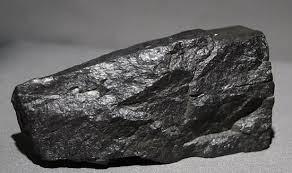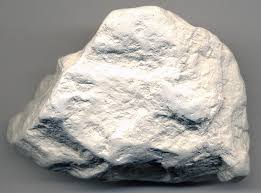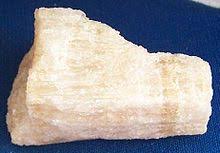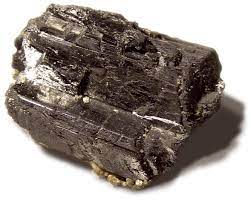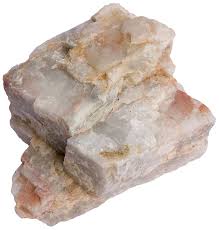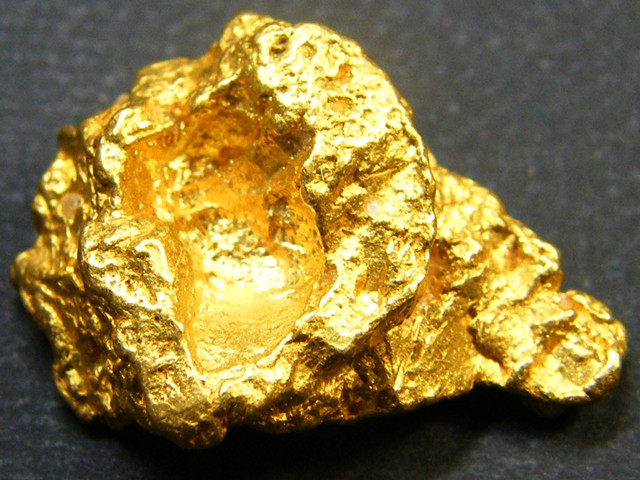Iron Ore Mining and Carbon Steel Manufacturing in Nigeria: A Feasibility Study
Nigeria, blessed with vast mineral resources, holds significant promise in the global iron ore and steel industry. With an estimated 3 billion metric tonnes of iron ore reserves, Nigeria is strategically positioned to harness this natural endowment for national development. Iron ore mining and carbon steel production have the potential to catalyze industrial growth, create […]
Tantalum Ore (1%) Mining And Processing To Tantalum Ore (60%) In Nigeria, The Feasibility Report.
The Ministry of Mines and Steel Development (MMSD) had identified thirty-four minerals of economic importance in Nigeria across the six regional mining zones. Every state, apart from Bayelsa is said to contain areas of mineral wealth. Within the minerals, Government has highlighted a number of strategic minerals that have the potential to contribute significantly to Nigeria’s economic development. These include tungsten, barite, gold, bitumen, iron ore, lead/zinc, coal and limestone.
Diatomite Mining In Nigeria, The Pre-Feasibility Report
The Nigeria nation is blessed with abundant mineral resources; fossil fuels and solid minerals. The most popular being the fossil fuels since these constitute the nation’s greatest foreign exchange earner. They have, therefore, tended to overshadow the solid mineral sector of mining industry.
Gypsum Mining and Gypsum Powder (Plaster of Paris) Production in Nigeria; The Feasibility Report.
Gypsum is a hydrated sulphate of calcium, found usually in clays and limestone, sometimes associated with sulphur. It is the principal commercial form of hydrated calcium sulphate (CaSO42H2O). It is usually formed by either the evaporation of salt in shallow inland seas or by the decomposition of pyrite (FeS) in the presence of calcium carbonate.
More than 90% of gypsum are used in the building and construction industry while the remaining are used in the agriculture and health sectors. Gypsum deposit also play important role as a pathfinder in the petroleum industry by virtue of the fact that the organic material commonly associated with its formation is considered as source of hydrocarbon generation and its deposits act as seal for petroleum reservoirs.
Tungsten Ore (10%) Mining And Processing To Tungsten Ore (65%) In Nigeria, The Feasibility Report.
Tungsten, also known as wolfram, is a chemical element with symbol W and atomic number 74. The word tungsten comes from the Swedish language tungsten directly translatable to heavy stone.
Copper Ore Export In Nigeria; The Feasibility Report.
The mining industry is easily recognized as one of the most valuable sectors of an industrialized economy because its linkage to other sectors of development and its enormous capacity to support and simulate growth in virtually all sectors of the economy.
Barite Ore Mining And Milling In Nigeria, The Feasibility Report.
The Nigeria nation is blessed with abundant mineral resources; fossil fuels and solid minerals. The most popular being the fossil fuels since these constitute the nation’s greatest foreign exchange earner. They have, therefore, tended to overshadow the solid mineral sector of mining industry.
Lead Ore Export In Nigeria; The Feasibility Report.
The mining industry is easily recognized as one of the most valuable sectors of an industrialized economy because its linkage to other sectors of development and its enormous capacity to support and simulate growth in virtually all sectors of the economy.
Lead Ore Mining and Export in Nigeria; The Pre-Feasibility Report.
Lead is a main group element in the carbon group with the symbol Pb {Latin: plumbum} and atomic number 18. Lead is soft, malleable poor metal. It is also counted as one of the heavy metals.
Gypsum Mining, Gypsum Powder and Gypsum Board Production in Nigeria; The Feasibility Report.
Gypsum is a hydrated sulphate of calcium, found usually in clays and limestone, sometimes associated with sulphur. It is the principal commercial form of hydrated calcium sulphate (CaSO42H2O). It is usually formed by either the evaporation of salt in shallow inland seas or by the decomposition of pyrite (FeS) in the presence of calcium carbonate.
Gold Ore Mining And Processing In Nigeria, The Feasibility Report.
The Ministry of Mines and Steel Development (MMSD) had identified thirty-four minerals of economic importance in Nigeria across the six regional mining zones. Every state, apart from Bayelsa is said to contain areas of mineral wealth. Within the minerals, Government has highlighted a number of strategic minerals that have the potential to contribute significantly to Nigeria’s economic development. These include barite, gold, bitumen, iron ore, lead/zinc, coal and limestone.


